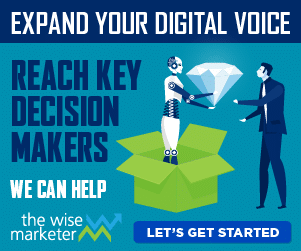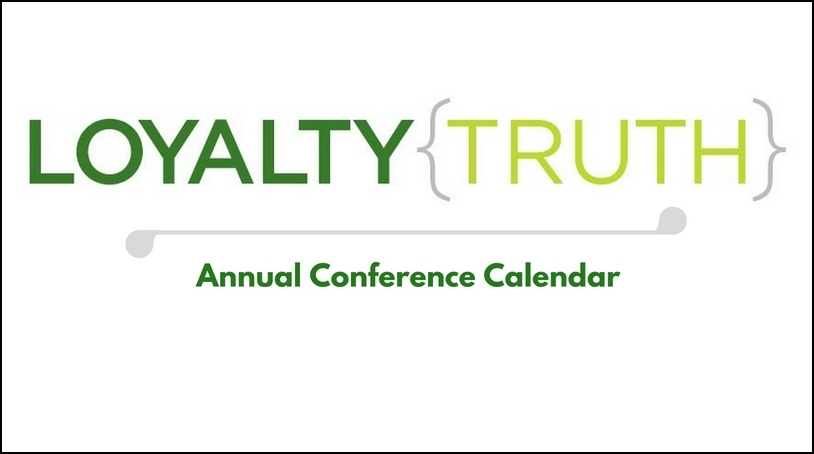Back when books in the library were catalogued on 3X5 index cards or when cell phones only allowed you to make and receive calls, medical records were stored mostly on sheets of paper in large rolling file cabinets. Digitizing met faxing, and duplicate records were kept in paper archives never to be found again.
Facebook and Twitter may have forever changed how we live online, but embracing digital health records has been slow to occur. Privacy concerns, practices that were slow to adopt new systems, and patients who were comfortable with the status quo, all impacted how quickly personal health information was migrating online. But last week, in a survey by Intuit Health, 73% of Americans now say they would go online to get lab results, make an appointment, pay medical bills and communicate with their doctors. Patients are now getting comfortable, and it has loyalty implications for the doctor and patient relationship.
When I visit my doctor, she now walks into the examining room with a tablet and all of my medical information neatly arranged on her screen. From the tablet, she can check my history, review symptoms, order medications, and coordinate treatments with my other doctors. Short of dispensing winning lottery tickets, her tablet allows her to answer my questions with knowledge and depth, check my virtual medicine cabinet when I ask about drug interactions and empowers her to give me the best care possible.
The most digitally convenient aspect of all? I can now go online to ask her questions, check my lab results, and request refills. Have you recently called and tried to talk to your doctor by phone? No longer will I be put on hold for 15 minutes, only to learn my doctor will call me back at some undefined time (usually when I am not available). Now, we communicate easily, and I feel more in charge. As Steve Malik, president of Intuit Health said, “Patient anxiety is rising. They want some measure of control, convenience and better communication with their doctor…Doctors who offer secure online solutions can meet this patient demand while increasing office efficiency and enhancing the doctor-patient relationship.”
Want more proof that digital health records are going mainstream? Fifty-nine percent of Gen Y (Millennial) Intuit Health survey respondents said they would switch to a doctor with better online access. This generation, many born in the 80s, has come of age during the Internet revolution and they naturally do more of their business online. And in a PwC Health Research Institute survey, 6 in 10 respondents said they would be fine having their medical information shared among doctors, hospitals, insurance and drug companies if it would improve their care.
Which brings me to my loyalty point. There is no way I am switching doctors. Helped by her wireless online access to all my medical records, my newly digital doctor knows me in ways even my wife doesn’t. We communicate easily about my health, she watches out for any potential illnesses and stays in touch with my other physicians to coordinate care.
In this day of countless specialists and impersonal care, my doctor is the one central, committed practitioner that can provide the access and care I cannot get anywhere else. Perhaps not exactly a Norman Rockwell painting, but probably the closest you’ll get in 2012.




